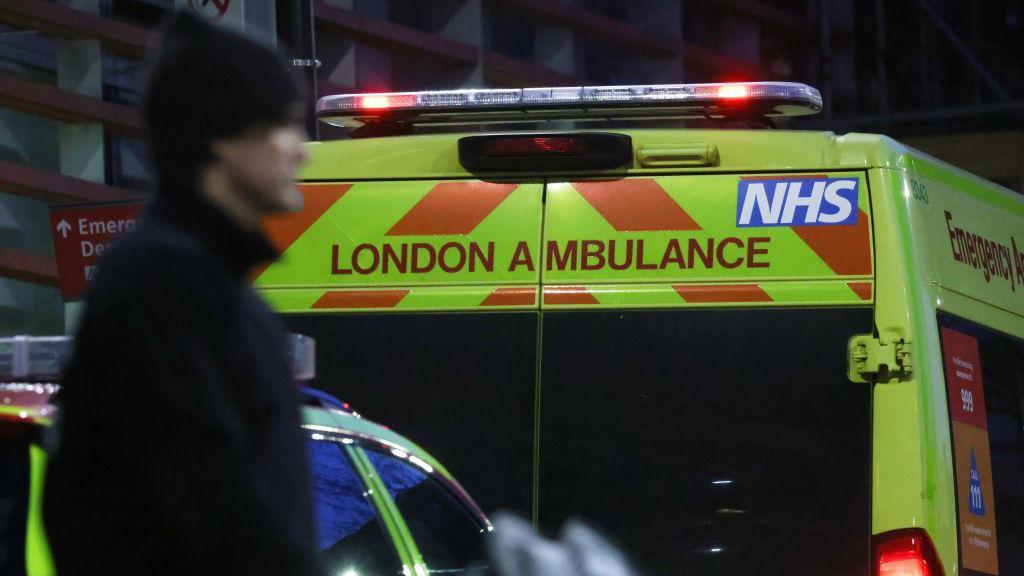'Working collaboratively is best for the patient'
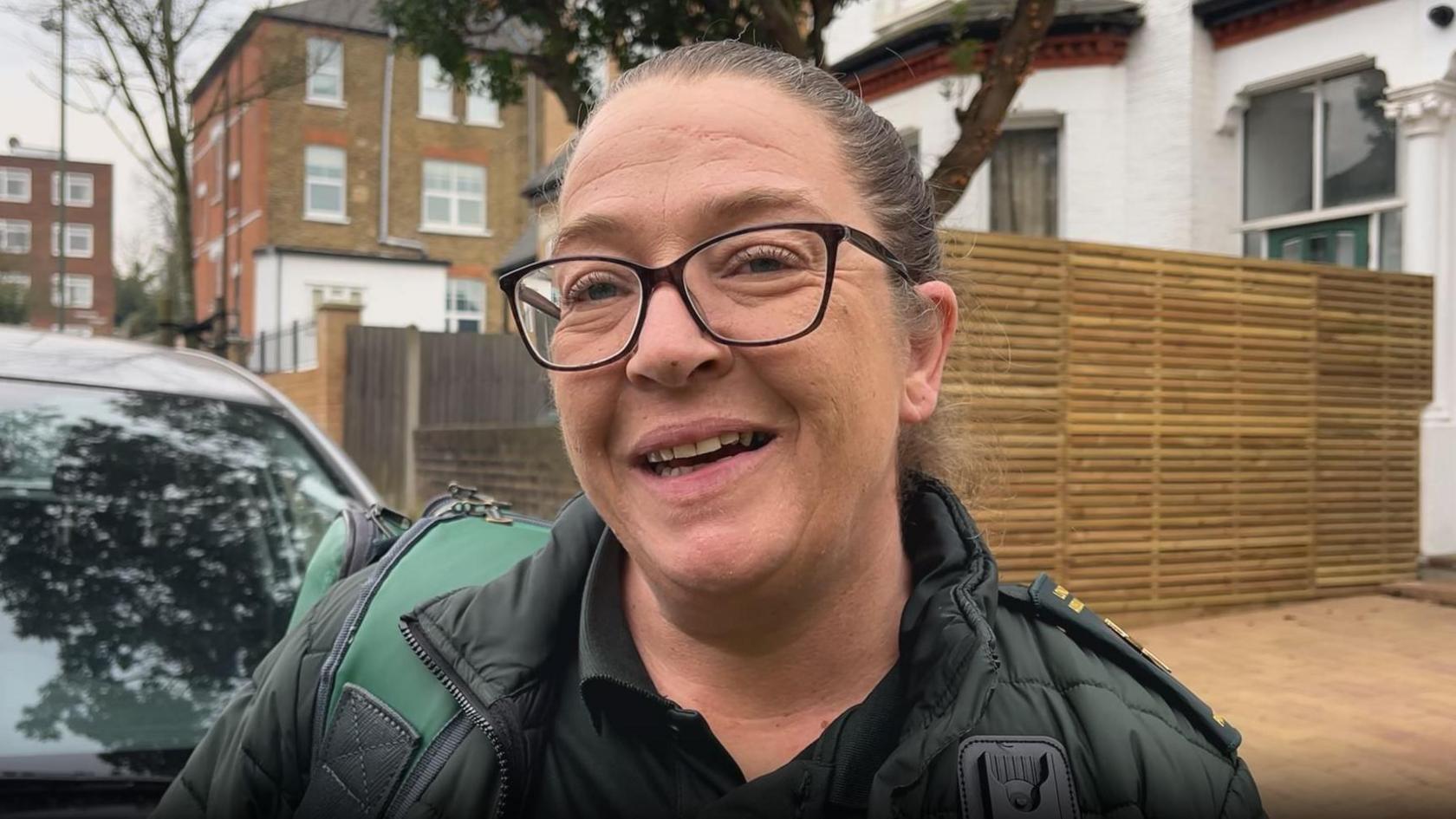
Paramedic Nicola Hughes works in a team that helps mental health patients
- Published
"I worry about the physical health and Clara deals with the mental health. Working collaboratively, it's the best outcome for the patient," says paramedic Nicola Hughes.
She is one half of a specialist London Ambulance Service (LAS) duo operating out of a response car to help mental health patients get appropriate treatment quickly.
The team, which has expanded to six response cars, began providing specialist support for patients in a mental health crisis 10 years ago.
The service's mental health clinicians now care for about 9,000 patients a month.
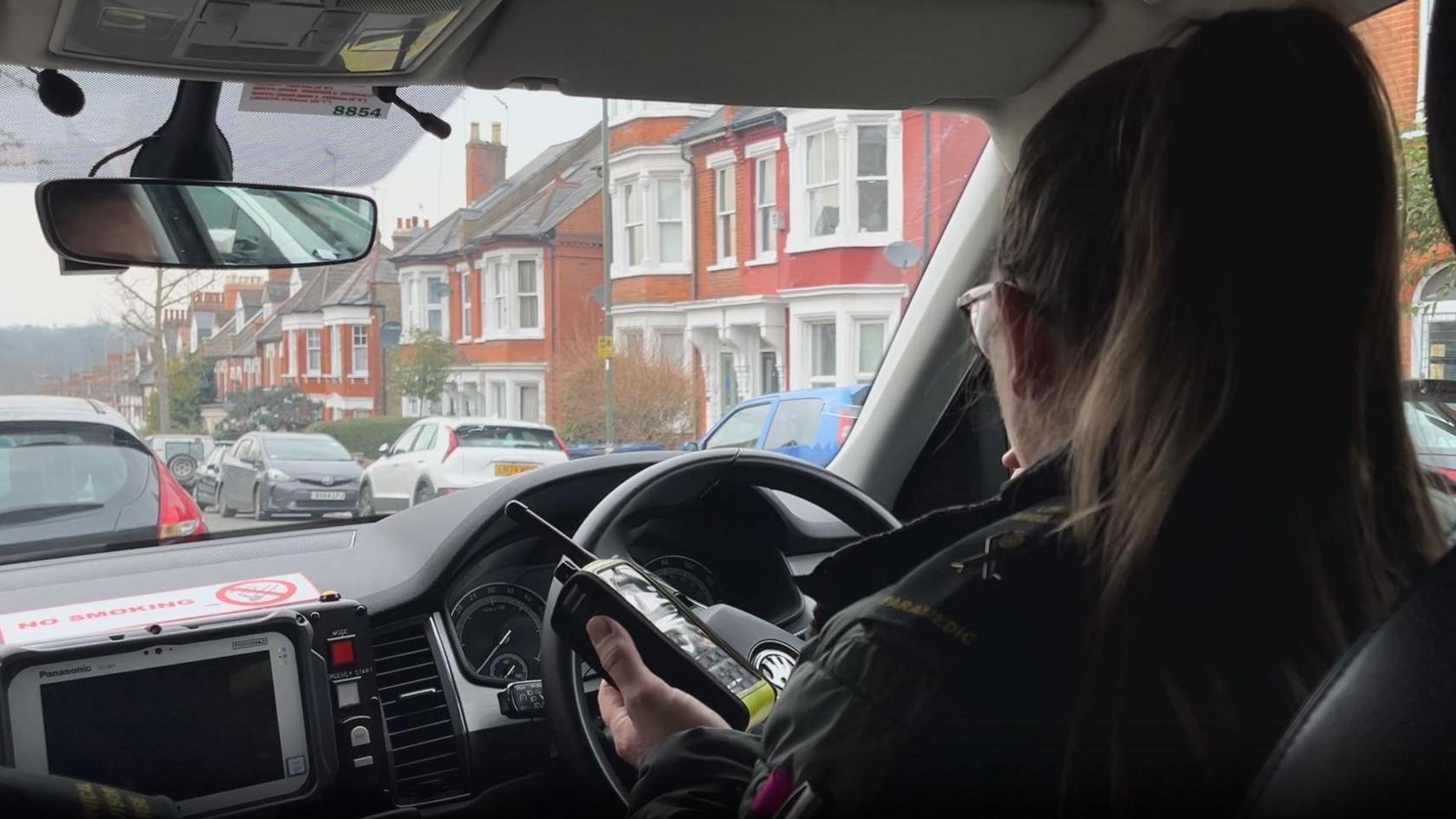
The London Ambulance Service now has six response cars for mental health patients
A decade ago, LAS began placing a small number of mental health nurses in the emergency control room to assess and advise patients in a mental health crisis.
In 2018 the service created paramedic and mental health clinician teams in fast-response cars.
The teams aim to help patients avoid the distress of attending busy A&E departments, if they could receive better care elsewhere.
'Stressful environment'
"The best part of this job is doing what we do," said mental health nurse Clara Mmazhandu.
"We want to come and keep people in the community that we can keep in the community.
"We don't need to take people to hospital. I've worked in A&E departments and psych liaison and it's the worst place you can take our service users to.
"It's just so busy and a stressful environment for them to be in."
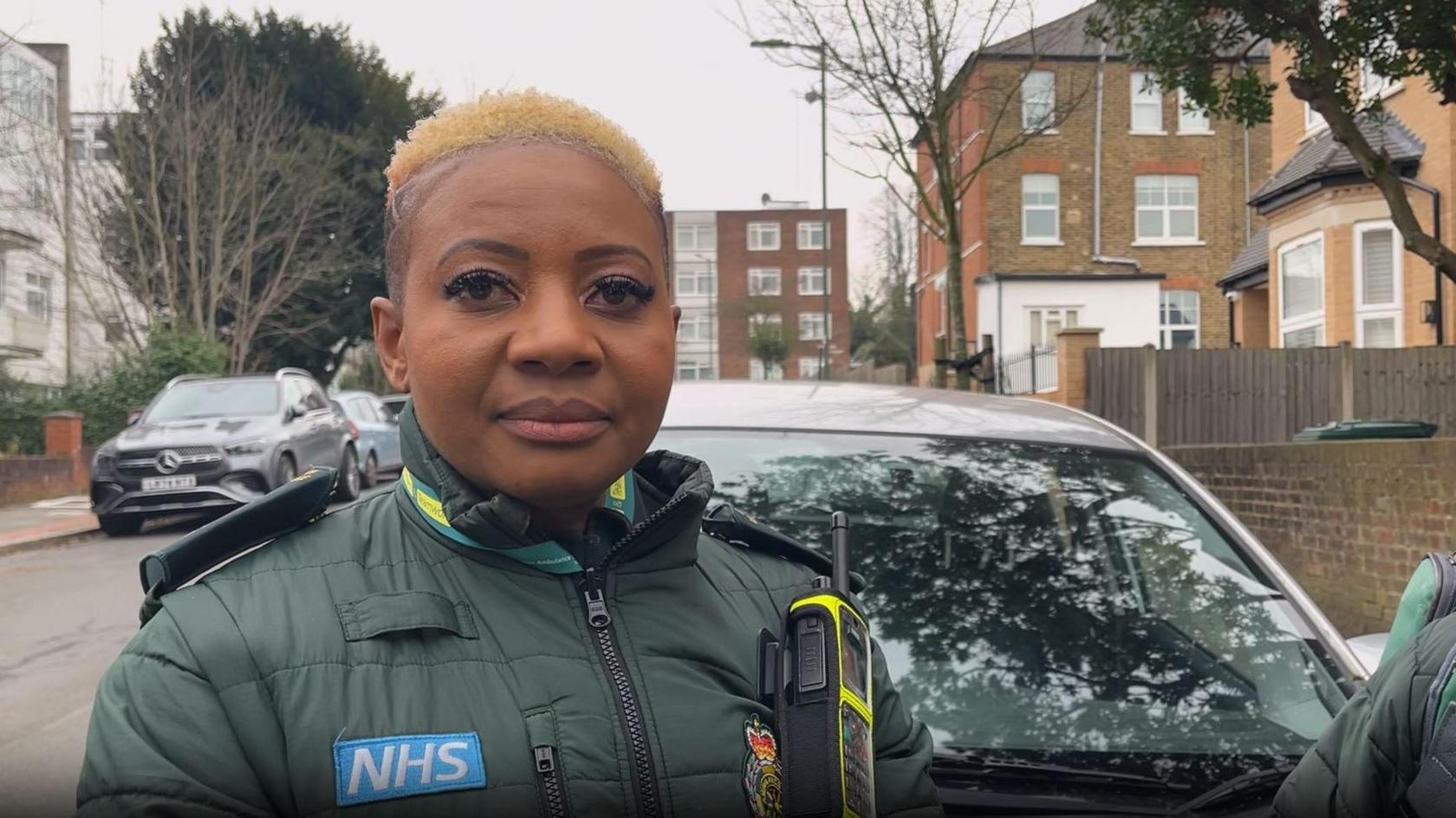
Clara Mmazhandu said they aim to keep mental health patients out of A&E
Ms Mmazhandu said the role of the mental health joint response car was to assess the risk level and liaise with community mental health teams to put a robust plan in place.
LAS now has more than 40 clinicians, including mental health paramedics, experienced nurses, social workers and occupational therapists, working in mental health joint-response cars and the emergency control room.
"Thanks to the incredible work of our specialist clinicians we now only take 18% of patients experiencing a mental health crisis to A&E," said Carly Lynch, consultant nurse for mental health at LAS.
"As more people experience mental health issues, we are delighted to be able to provide this service, and I'm truly proud that we were ahead of the curve when we launched 10 years ago."
Listen to the best of BBC Radio London on Sounds and follow BBC London on Facebook, external, X, external and Instagram, external. Send your story ideas to hello.bbclondon@bbc.co.uk, external
Related topics
- Published18 December 2024
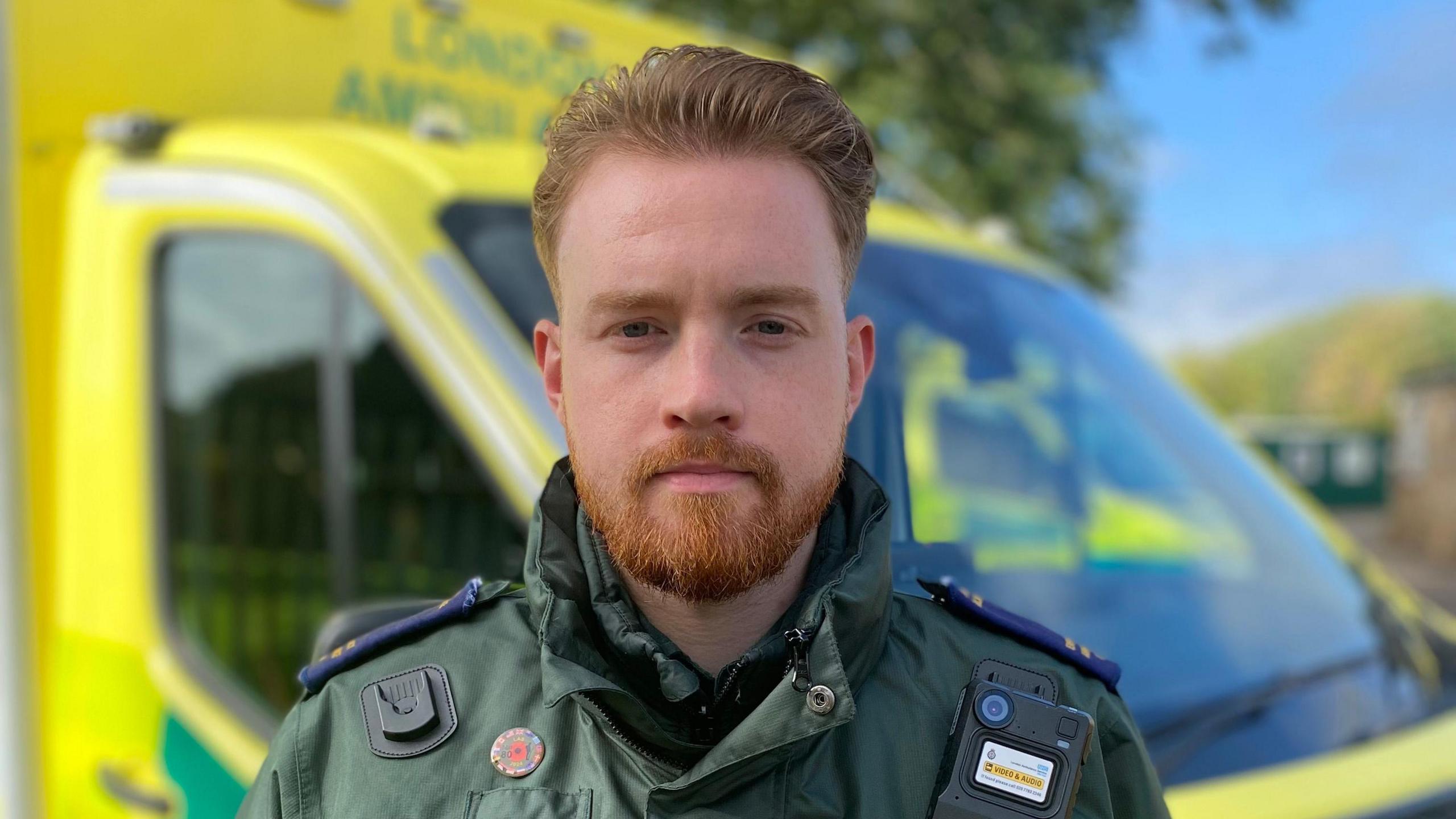
- Published10 January
